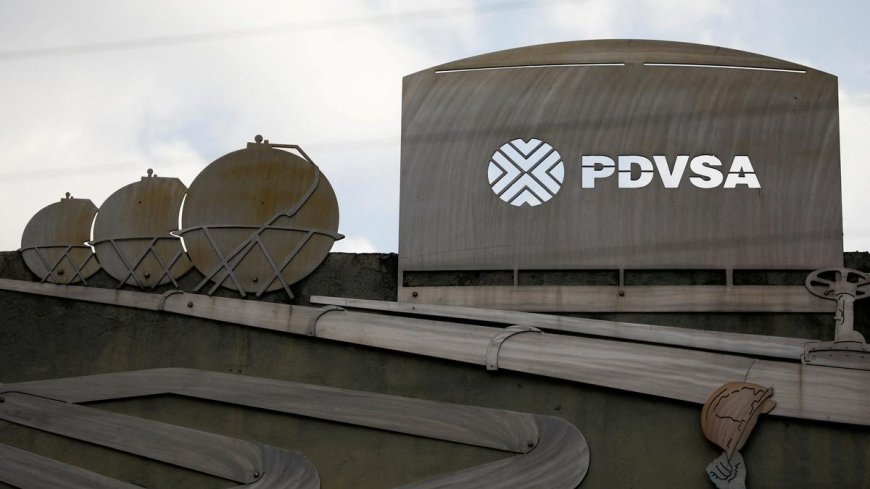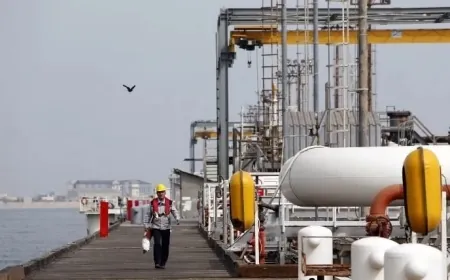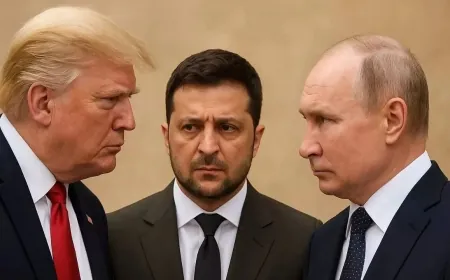Global Energy Traders Act Swiftly on Venezuela's Oil Reserves Post US Sanctions Easing
Learn how traders respond to US easing sanctions on Venezuela's oil. Get insights on market changes. Stay informed. Updated Oct 24, 2023.

Following the recent relaxation of US energy sanctions on Venezuela, reports from insiders indicate that global energy traders have promptly seized the opportunity to acquire Venezuela's stocks of crude and fuel oil. This move comes as a direct response to the new developments in the sanctions.
Since 2019, stringent US sanctions had predominantly restricted Venezuela's state-run oil company PDVSA from exporting to its chosen markets. Last week, this landscape altered, though the six-month relaxation of measures by Washington falls short of catalyzing new crude production.
Nonetheless, a door has opened for spot sales by PDVSA and the reactivation of select supply contracts, promising potential revenue boosts.
Trafigura, a major player, recently concluded a chartering contract for the Bermuda-flagged Suezmax Stena Sunrise to transport a one-million-barrel cargo of Venezuelan fuel oil in November, sourced from Venezuela's Amuay ship-to-ship area. This development was disclosed by two individuals with intimate knowledge of the deal.
PDVSA is presently in dialogue with Mercuria Energy and Sahara Energy concerning spot sales.
Refining firms from the US, Europe, and Asia, including Reliance Industries, Tipco Asphalt, Valero Energy, PBF Energy, and Eni, are actively negotiating with PDVSA to either resume or expand imports of Venezuelan crude.
Eni anticipates that the eased sanctions will facilitate the enhancement of debt collection activities, specifically through oil-for-debt swaps that have been in place since the previous year. The Italian company, along with Spain's Repsol, has been in prolonged negotiations with PDVSA to bolster gas output in Venezuela.
Furthermore, Eni aspires to escalate oil production and recommence sales of the widely favored crude grade, Corocoro, which was historically exported to the US.
French company Maurel & Prom, having acquired Shell's assets in Venezuela, revealed this month that they had sought US approval before the sanctions were relaxed, aiming to accept Venezuelan oil as part of debt repayment.
At present, PDVSA maintains 30 million barrels of crude and fuel in onshore and floating storage. While this volume is considerable, it is notably lower than the peak of over 40 million barrels recorded in 2019, according to data from commodity intelligence firm Kpler.
However, obtaining approval from buyers' legal and compliance departments, alongside renegotiating prices, will require concerted efforts, as noted by insiders. Some companies have recently sought guidance from the US Treasury Department on potential deals.
Traders keen to acquire spot cargoes confront enduring resistance from vessel owners to load in Venezuela, leading to elevated freight tariffs and special contract clauses for "war zones".
In the spot market, many potential clients are being asked to prepay for their cargoes. This year, PDVSA restructured its trading business and finances to prevent defaulted payments after incurring multi-billion-dollar losses.
Addressing crude quality concerns arising from PDVSA's deteriorated infrastructure will be a more formidable task, potentially leading to ongoing requirements for price discounts, according to sources. PDVSA has yet to regain access to pricing services and crucial software, both of which were suspended as part of the US measures.
Also Read: Middle East Tensions Drive Oil Prices Up: Second Week of Gains































































